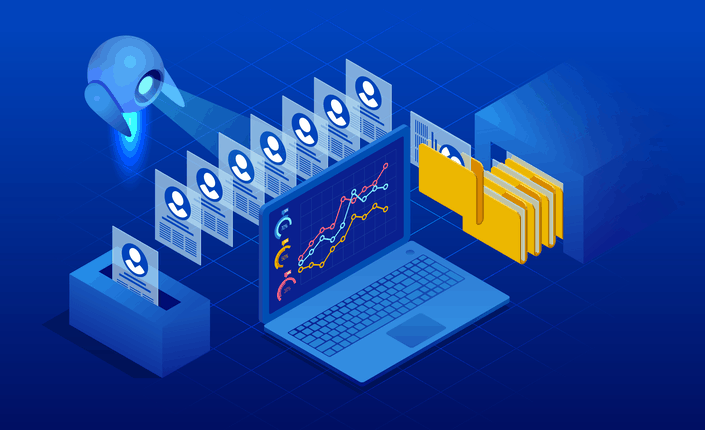
It’s not just that we don’t know how these systems work. Artificial intelligence can also introduce bias and inaccuracy to the job application process, and because these algorithms largely operate in a black box, it’s not really possible to hold a company that uses a problematic or unfair tool accountable.
A new Illinois law — one of the first of its kind in the US — is supposed to provide job candidates a bit more insight into how these unregulated tools actually operate. But it’s unlikely the legislation will change much for applicants. That’s because it only applies to a limited type of AI, and it doesn’t ask much of the companies deploying it.
Set to take effect January 1, 2020, the state’s Artificial Intelligence Video Interview Act has three primary requirements. First, companies must notify applicants that artificial intelligence will be used to consider applicants’ “fitness” for a position. Those companies must also explain how their AI works and what “general types of characteristics” it considers when evaluating candidates. In addition to requiring applicants’ consent to use AI, the law also includes two provisions meant to protect their privacy: It limits who can view an applicant’s recorded video interview to those “whose expertise or technology is necessary” and requires that companies delete any video that an applicant submits within a month of their request.
Read more here.